Journalism in Turkey: Facts vs. Propaganda and AI
Journalists in Turkey work in difficult conditions. Despite the repression, the daily newspaper “BirGün” strives for independent reporting.
The editorial offices are located a little away from a main road. For pedestrians, it is hardly recognizable that the nationwide, left-wing daily newspaper “BirGün” is being produced between the Gayrettepe and Mecidiyeköy metro stations in Istanbul. It is only at a second glance over the forecourt of the inconspicuous building that the steel shutters and the turnstile with metal detector in front of the entrance door are noticeable.
Journalism without freedom of the press
The newspaper considers itself one of the last free media outlets in Turkey. Around 90 percent of print, radio and TV publications are said to be under the direct or indirect control of the ruling AKP party; dozens have been shut down in recent years because of their criticism of ruler Recep Tayyip Erdoğan.
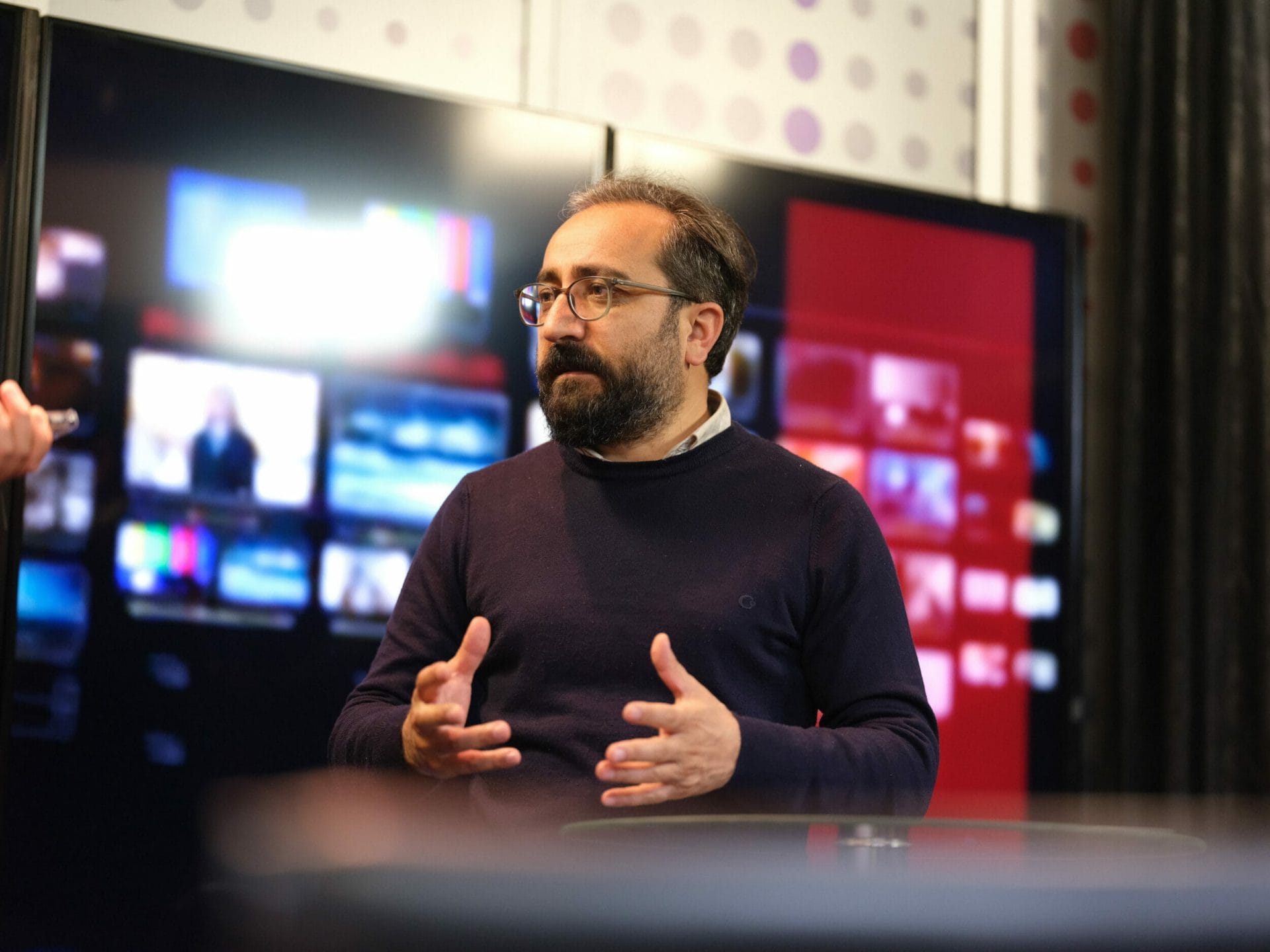
In this tense environment, Ibrahim Varlı, editor-in-chief at BirGün, and around 50 journalists at three offices are holding their own. The price of an issue is currently 6 lira, the equivalent of around 30 cents. It should not cost more than a cup of tea so that everyone can afford it. Varlı still speaks solid German, having lived in Solingen for two years. For the conversation with his German visitors a few days before the first round of voting, he sits down on a stool in the studio with the spotlights on him. The televisions in the background show an atmospheric news backdrop. For the interview, the 46-year-old switches to his native language.
A winning loser?
For the journalist, the loser of this presidential election is clear regardless of the election result. “Erdoğan has already lost the election in the eyes of the masses, in their hearts,” Varlı is convinced. However, he is worried that this is not reflected in the ballot boxes. With the economic, political and social crisis, he said, there are sufficient reasons to vote out the incumbent government.
The clear positioning of the BirGün editor-in-chief is hardly surprising. Neutral reporting is impossible for the team, as he explains:
It is difficult to be a journalist. For us, the information channels are closed and walls are erected. We don’t hear anything from the state agencies.
Freedom of the press in Turkey was already restricted in the pre-Erdoğan era. But under his rule, the repression would have increased almost daily:
“There is not even a shred of law. Freedom of the press is arbitrarily restricted. Much of what we say, write, draw can lead to punishment by the government.”
In doing so, the government is proceeding cleverly. There is no such obvious action against the freedom of the press that the police, for example, would search the editorial offices.
Free media as an enemy image
Since journalists uncover the machinations of those in power, they are particularly in the spotlight and are exposed to discrediting. “They see the media as the biggest enemies,” Varlı says. In cities like Erzurum, they could hardly do their research without being arrested. Even for proven truths or critical reports cited by state institutions such as the Court of Auditors, they would have to fear costly legal disputes with a biased judiciary and fines. “Even if we report positively about them, they can withdraw the information and initiate an investigation,” he exaggeratedly formulates. Because the lawsuits are often also directed against the editors-in-chief as private individuals, the position has to be changed accordingly often. Varlı speaks of hundreds of lawsuits that are currently underway against his newspaper.
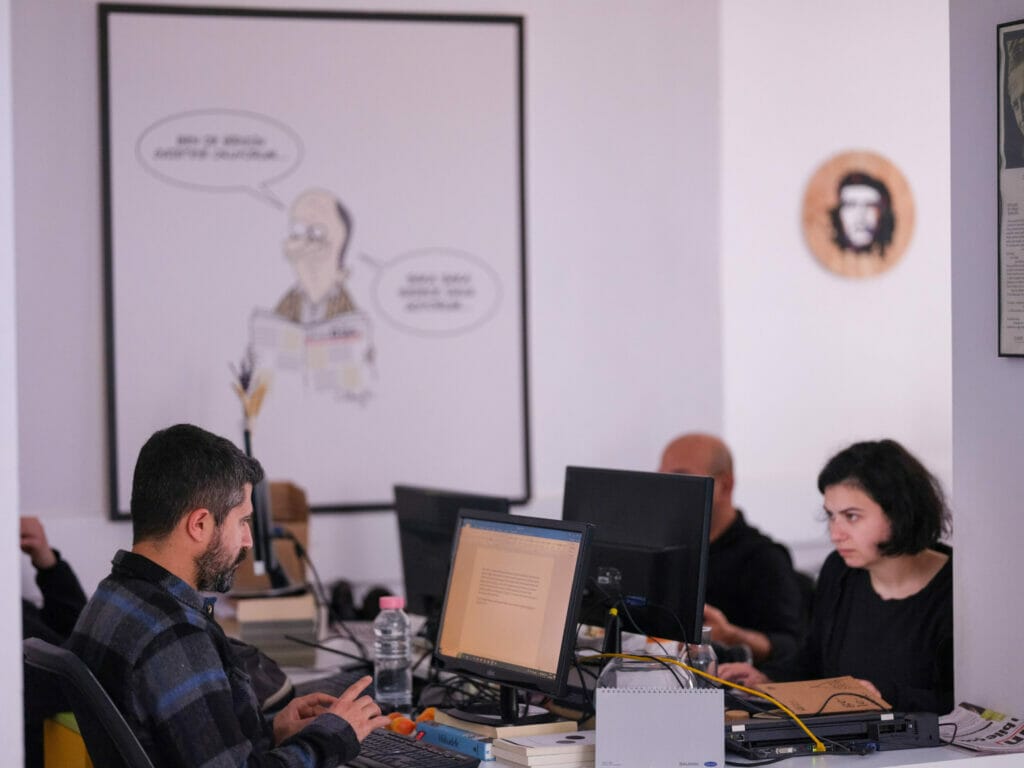
Added to this is the economic pressure, especially since state institutions do not place any advertisements in critical media such as BirGün. In addition, the distribution monopoly in the land is in the hands of relatives of government representatives. Varlı summarizes:
“Legally, politically and economically, the newspapers are under great pressure.”
Nevertheless, there are some journalists in Turkey who work conscientiously and take these risks. Accordingly, Varlı sees an imbalance that gives those in power significantly more visibility. In the month before the presidential election, the state broadcaster TRT had given the incumbent president, Recep Tayyip Erdoğan, 32 hours of airtime. Challenger Kemal Kılıçdaroğlu, on the other hand, received only 32 minutes. “The opposition can hardly express itself and can’t find any channels,” Varlı sums up. Erdoğan’s speech shortly before the election was broadcast simultaneously by 15 broadcasters, while Kılıçdaroğlu’s contribution was only taken into account by two. OSCE election observers had also complained about this imbalance.
New communication channels
Through the Internet, the opposition finds ways to make herself heard. At the same time, the danger of fake news is increasing, which is also used by the pro-government broadcasters – and thus creating even greater resonance space for it at the expense of the opposition. This has already been demonstrated in other countries such as the USA, Brazil or Montenegro; Varlı cites the example of Cambridge Analytica and also speaks of “black propaganda” in Türkiye. For his team, this means checking the facts again and again, especially in times of manipulation with artificial intelligence. “Human versus artificial intelligence,” he sums up. In the Turkish election campaign, however, deep-fake videos and other new counterfeiting methods played a lesser role than initially feared.
Even though the election results for the opposition after the first round looked worse than hoped, the 46-year-old is optimistic. “It doesn’t matter: now or next election, we’ll send Erdoğan and his autocratic rule away,” says Varlı. The Turks love their country and will fight for it, he is convinced.
Vorgeschlagene Beiträge
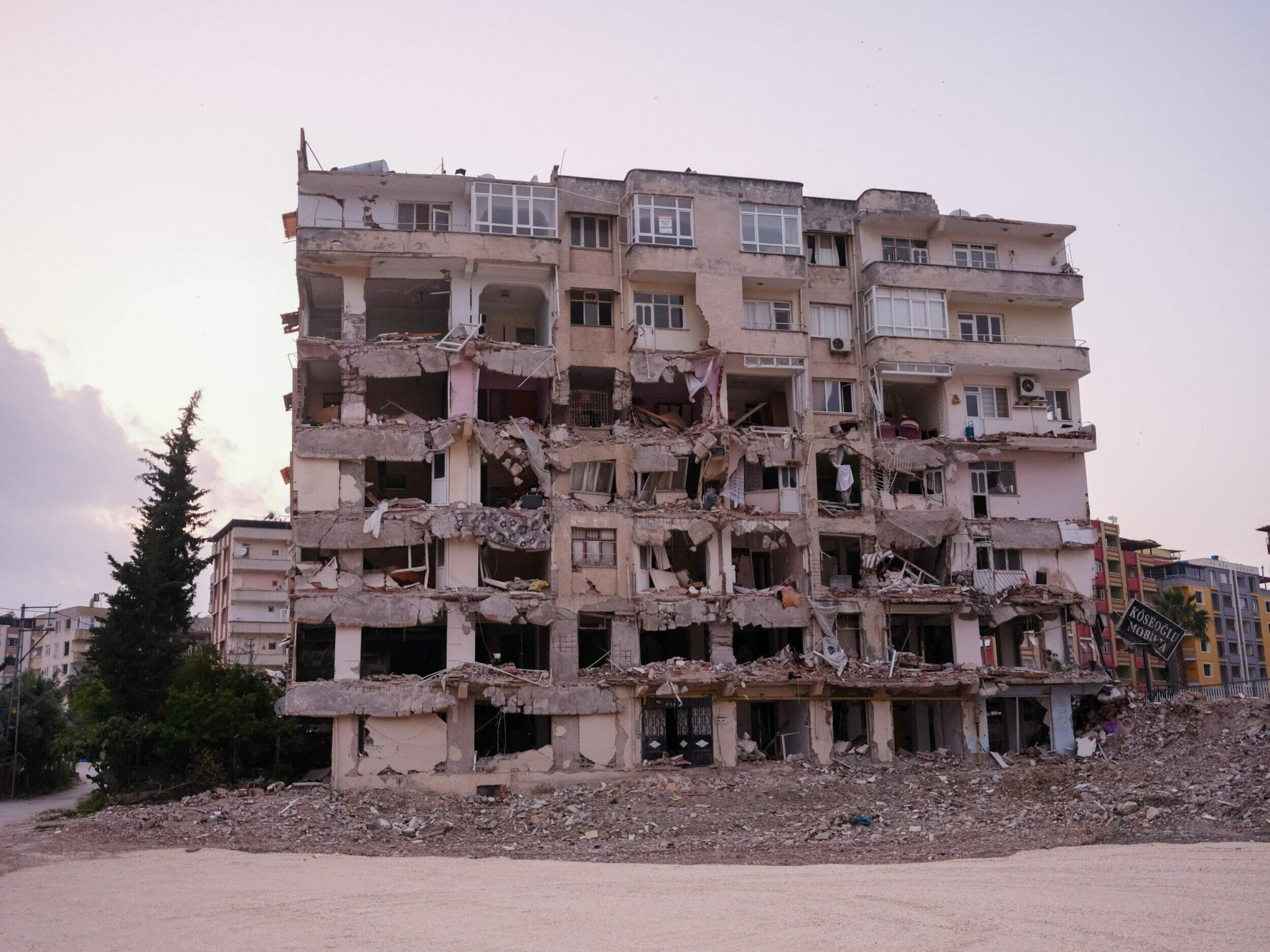
Earthquake in Hatay: “Not even to get help, there was media freedom”
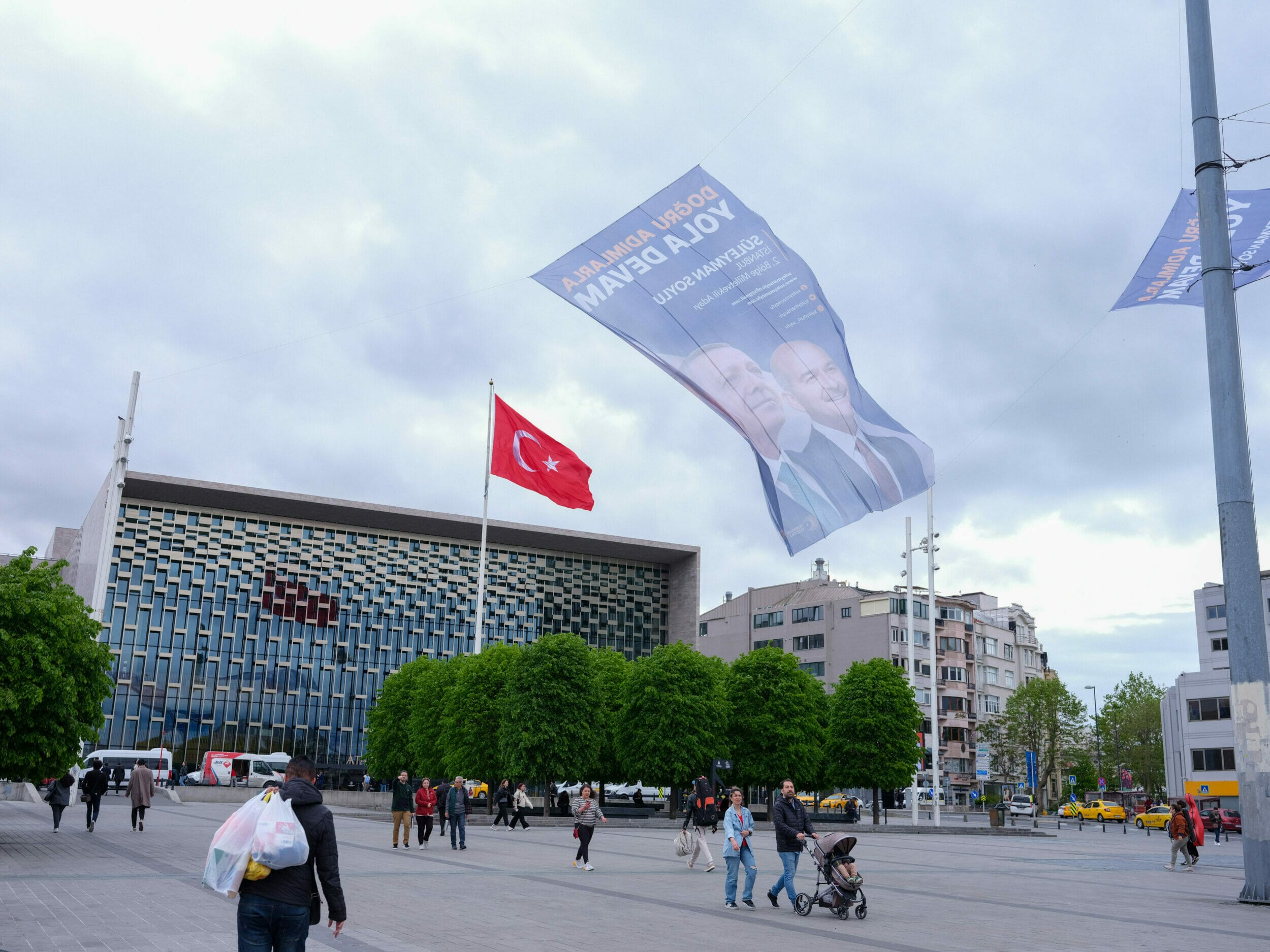
Social policy specialist on elections in Türkiye: “Society has become highly polarized”
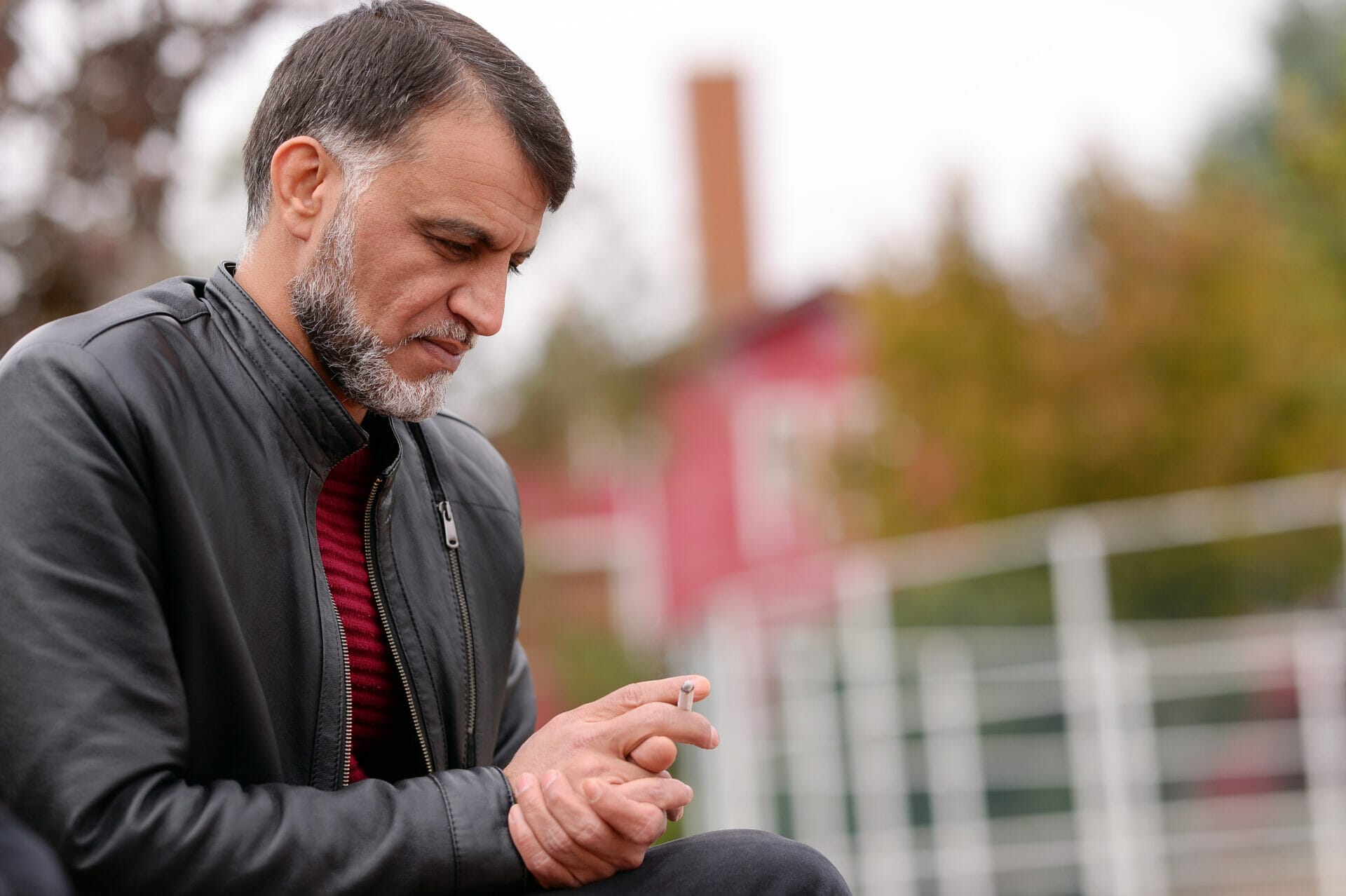
Anas al Mustafa: Deportation without legal basis
[mc4wp_form id=239488]
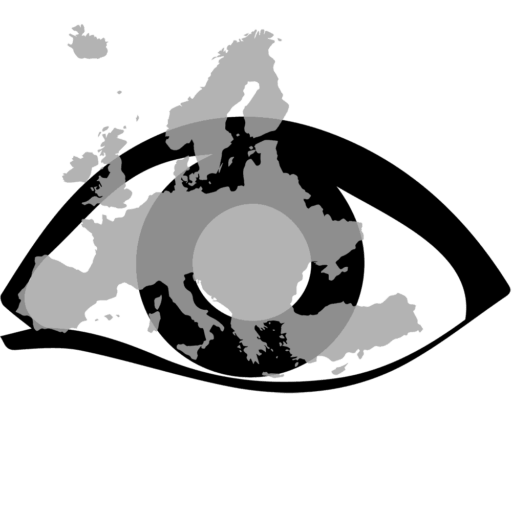


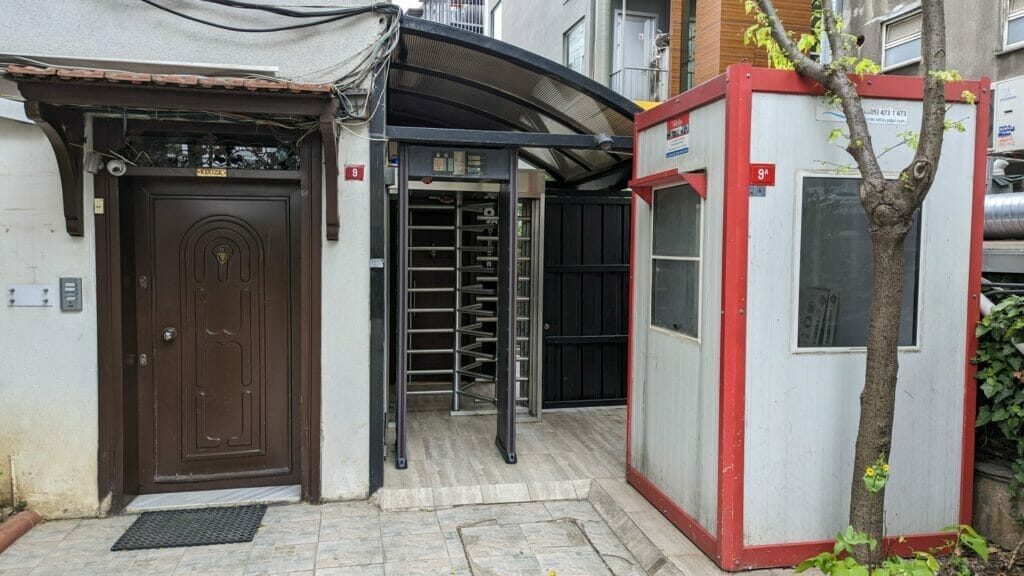
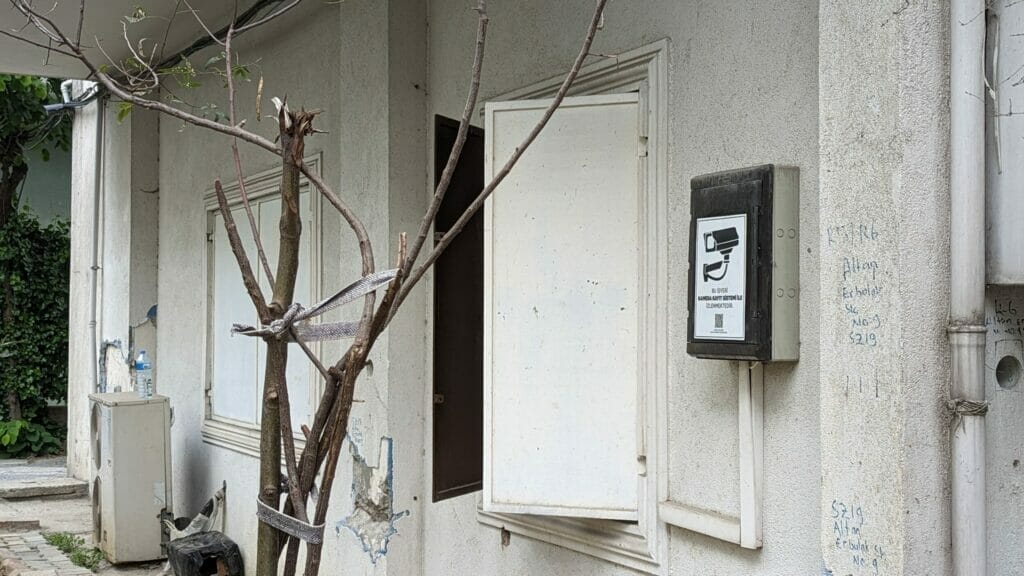
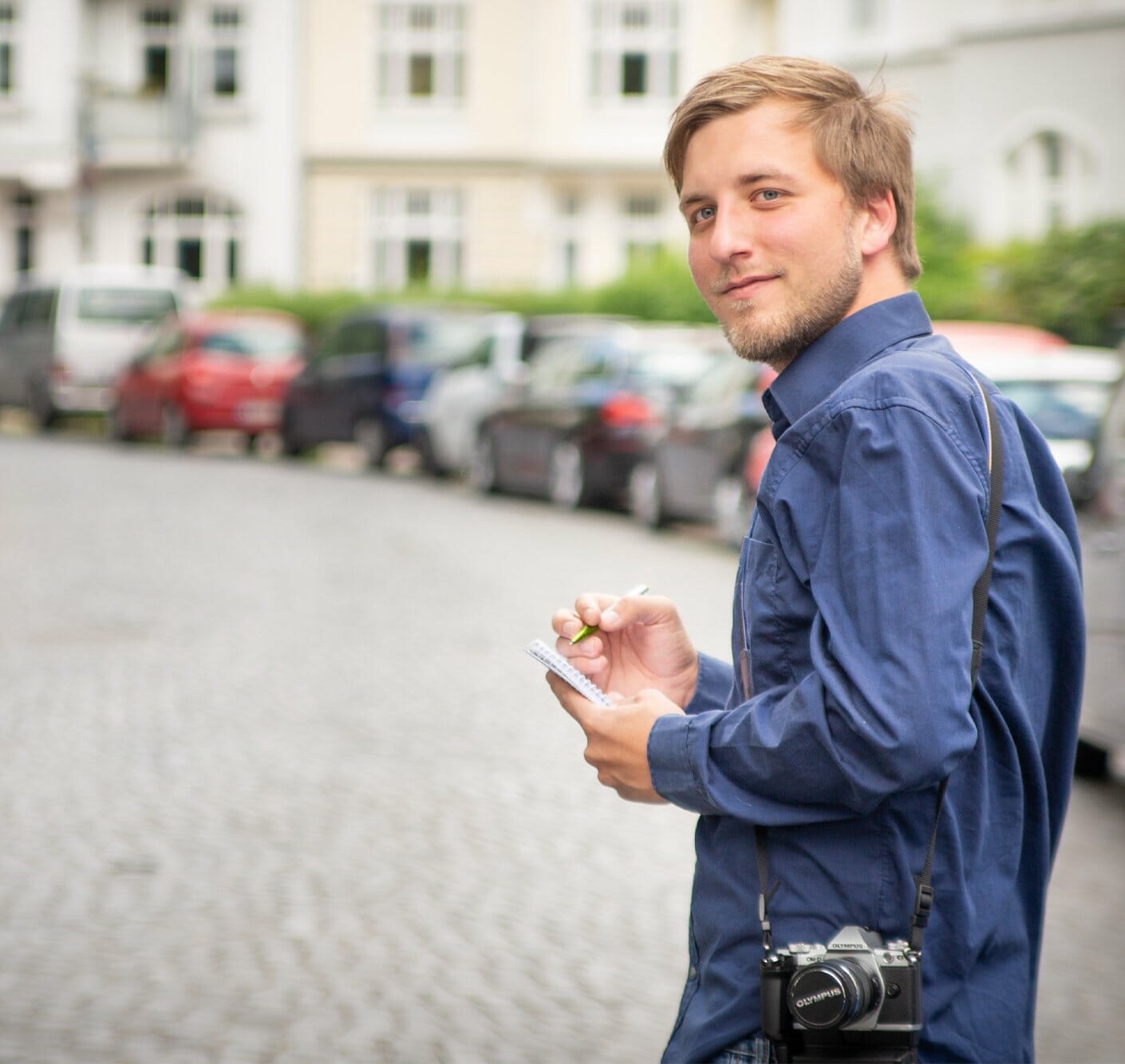

Leave a Reply
You must be logged in to post a comment.